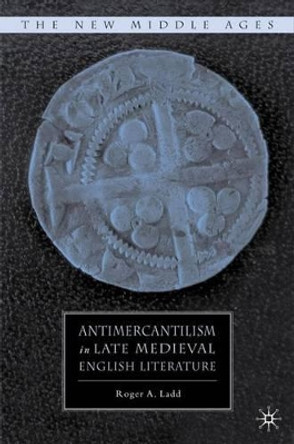Description
About the Author
Elizabeth Elliott is a lecturer at the University of Aberdeen, UK.
Reviews
'Elizabeth Elliott treats a number of subjects - Boethius, Boethius's "fortune" in the later Middle Ages, memory, life-writing, prison literature, advice to princes - in a deft and sophisticated manner. Engaging with Boethius, a philosopher, she deals with complex philosophical questions, and she insists upon the serious, intellectual component in texts which, up to now, were considered largely to be works of aristocratic and aesthetic play.' William Calin, University of Florida, USA and author of The French Tradition and the Literature of Medieval England 'This study is a fine contribution to recent scholarship on the influence of medieval translations of Boethian models. With its emphasis on memory as a means of consolation and also ethical perfection, the study sheds new light on the erotic imagery so striking in the works analysed, making a strong case for a moral significance that contradicts the intention traditionally attributed to Boethius. Moreover, by insisting on the political and ethical significance of such amatory writings, the study opens up new paths to explore.' Parergon 'Elliot offers new and exciting discussions of late medieval literary uses of Boethius as evidence of the emergence of vernacular authorship as well as the conscious representation of aristocratic identity in literature.' Comitatus
Book Information
ISBN 9781138118744
Author Elizabeth Elliott
Format Paperback
Page Count 178
Imprint Routledge
Publisher Taylor & Francis Ltd
Weight(grams) 453g









